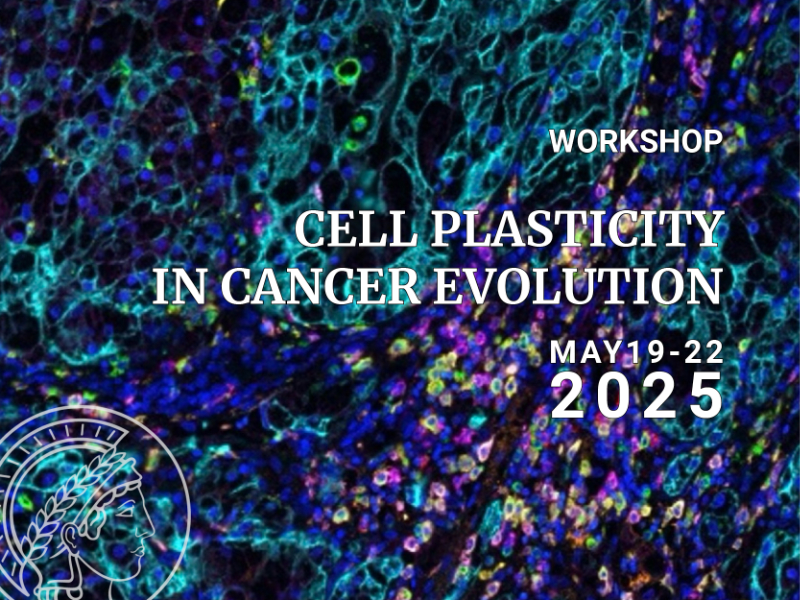Speaker
Description
Metabolic stress is a frequent adverse event in tumors caused by mutations, malperfusion, hypoxia, and nutrition deficit. The resulting bioenergetic deprivation triggers signaling, mechanical and metabolic adaptation responses in tumor cells to secure survival and adjust migration activity. Using 3D invasion models and preclinical intravital microscopy in mouse models of breast cancer, we identified kinetic responses of cancer cells to energy deficit. Upon challenge with glucose deprivation, mild acidosis and hypoxia signaling, invading cancer cells switched from energy-consuming collective to energy-efficient amoeboid migration and an enhanced capability for distant metastasis. In this seminar, I will discuss the molecular mechanisms of collective to single-cell plasticity, the role of autophagy and proteasomal degradation, and adaptive programs of cell-cell and cell-matrix adhesions. As emerging concept, low-adhesive, amoeboid dissemination represents a critical route to metastasis and therapy resistance. Understanding the biomechanics and energetic requirements of amoeboid and other dissemination strategies offers rationales for improving therapeutic targeting of metastatic cancer progression.

